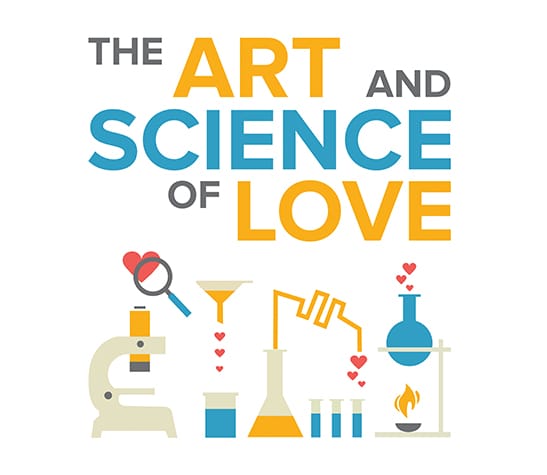Dr. John Gottman has been studying couples for the last four decades to understand why some relationships are like ticking time bombs that result in divorce or chronic unhappiness, while others work well, are satisfying, and remain stable over a lifetime. Social scientists do not have a good track record predicting individual behavior, but it turns out that predicting relationship behavior isn’t really that difficult if you know what to look for. Dr. Gottman’s best prediction rate of divorce was 94%.
Dr. Gottman’s research began in 1972, continues today, and so far has involved over 3,000 couples in 12 different longitudinal studies — seven of which were prediction studies — that has allowed him to identify specific behavior patterns in couples he has termed the “Masters” and “Disasters” of relationships. However, it wasn’t until he teamed with his brilliant wife, Dr. Julie Schwartz Gottman, that the Gottman Method was developed to prevent relationship meltdown.
What have the Gottmans taught us about what works and doesn’t work in relationships? The key findings really boil down to three things:
- Treating your partner like a good friend
- Handling conflicts in gentle and positive ways
- Being able to repair after conflicts and negative interactions
How partners treat each other when they’re not fighting is actually predictive of their ability to manage conflict and repair. Based on this, consider the following three tips to strengthen your relationship with your partner.
Express interest
Learn what is happening in your partner’s world. Ask questions that show you are interested in their day-to-day life. We sometimes forget to check in with our partner or fail to respond to their attempts to connect. Over time, this can create serious damage to the relationship. It can be as simple as asking, “How was your day?”
In Dr. Gottman’s research, the Masters responded to their partner’s attempts to initiate conversation or connect 86% of the time. The Disasters only responded to these bids 33% of the time. Deeper levels of connection are possible when you ask open-ended questions about your partner’s internal world of thoughts, feelings, hopes, fears, etc.
Be gentle in conflict
Avoid criticism or blame, and instead focus on your own needs. For example, instead of saying, “You never help around the house,” focus on what you do need by stating, “The house needs cleaning and I would really appreciate some help.” Avoid statements of “You never…” or “You always…”
A core research finding was that the Masters remained positive in conflict by listening to their partners without criticizing, becoming defensive, shutting down, or acting superior. Instead, the Masters handled conflict with mutual respect, humor, interest, openness, they accepted influenced, and they acknowledged their partner’s ideas or feelings. These positive responses consistently were found to be at a 5:1 ratio of positive to negative, as opposed to the Disasters, who had a positive to negative ratio of 0.8:1.
Repair negative interactions
“Conflict is an opportunity to learn how to love each other better over time.”
— Dr. John Gottman
To make successful repairs, you must take take responsibility, even if it’s for only part of the problem. It can be difficult to admit being wrong or making a mistake, but Dr. Gottman holds repair as one of the most important relationship skills. We can’t always avoid conflict, we are not perfect, so when couples make mistakes, hurt one another, or have fights, and it is essential to have ways to repair the relationship. Conflict can actually deepen intimacy and bring couples closer together.
The ability for couples to repair is directly related to the strength of their friendship (as identified in our first tip). Distressed couples have as many repair attempts as happy couples, it is just that these repair attempts tend not to work because these partners don’t feel close, accepted, or safe enough.
Share this blog posting with your partner and try to implement these three tips in your own relationship.
Subscribe below to receive our blog posts directly to your inbox:








